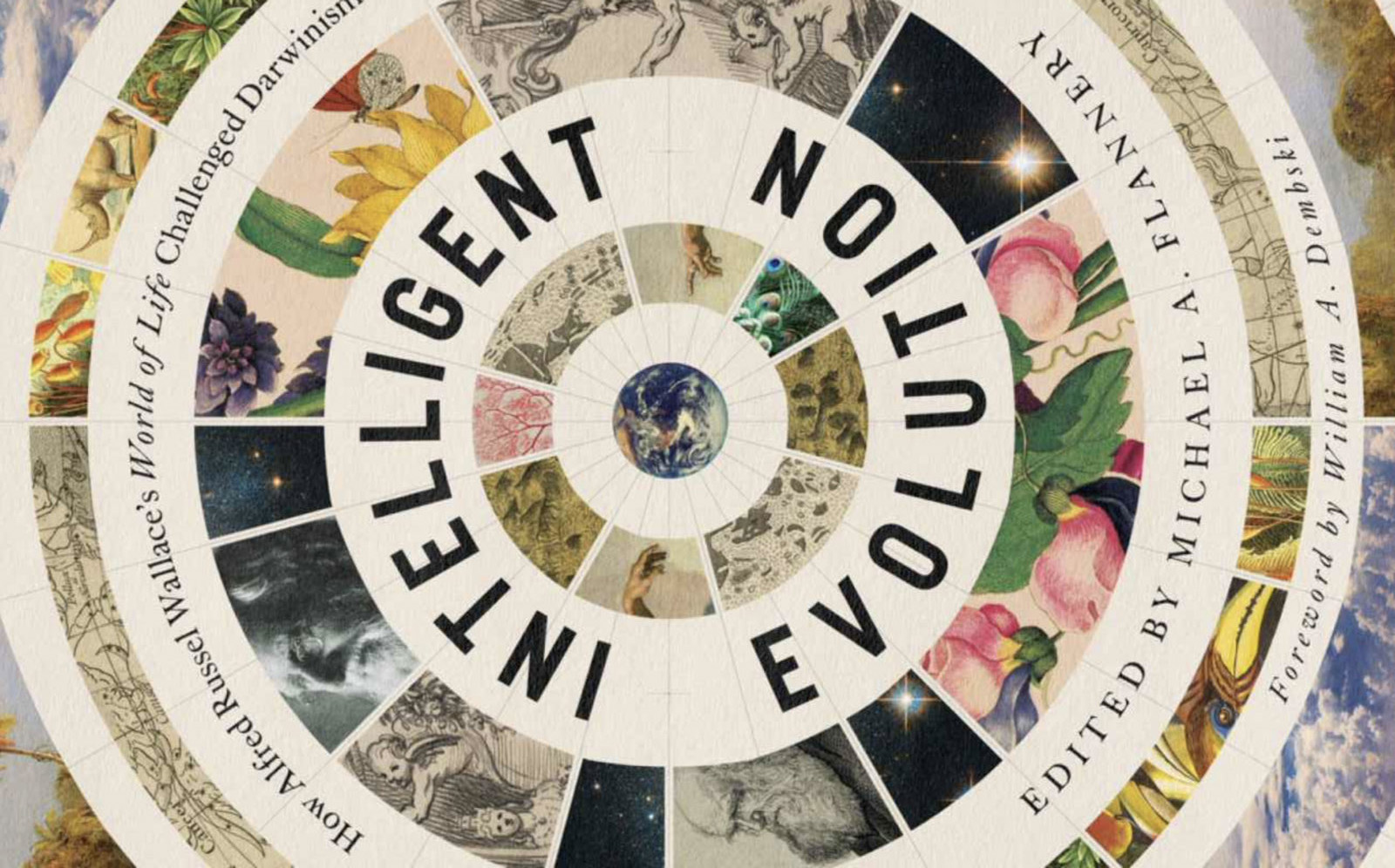
Darwin’s Rhetorical Foundation of Sand: Theological Utilitarianism
On this ID the Future, biophysicist Cornelius Hunter explores Charles Darwin’s theological arguments for his theory of evolution. By theological, Hunter doesn’t mean that Darwin was arguing for theistic evolution. He means that Darwin received what is known as theological utilitarianism from the intellectual culture of his youth, which had strong deistic tendencies and expected everything in creation to be perfectly adapted, and he made a case against it, presenting mindless evolution as a better explanation for his observations of the biological world than theological utilitarianism. But one problem with this approach, according to Hunter, is that it assumed that theological utilitarianism is THE alternative to blind evolution. In fact, there are other alternatives, including an orthodox Judeo-Christian understanding of God’s relationship to his creation. In Hunter’s conversation with host Casey Luskin, he unpacks the differences in this other understanding of God and shows how Darwin’s tunnel-vision fixation on theological utilitarianism led him into multiple problems. Hunter further shows that this basic theological mistake of Darwin’s also crops up in later defenders of Darwinism. Hunter and Luskin end the discussion by making what may strike some as a surprising claim: Evolutionary theory, argued in the way that Darwin and many of his followers argue the case, is fundamentally theology-based, whereas the theory of intelligent design, which points to a design of life and the cosmos, is strictly science-based. The occasion for the interview is Hunter’s chapter on this subject in the recent anthology co-edited by Luskin, The Comprehensive Guide to Science and Faith: Exploring the Ultimate Questions About Life and the Cosmos. Check it out.
